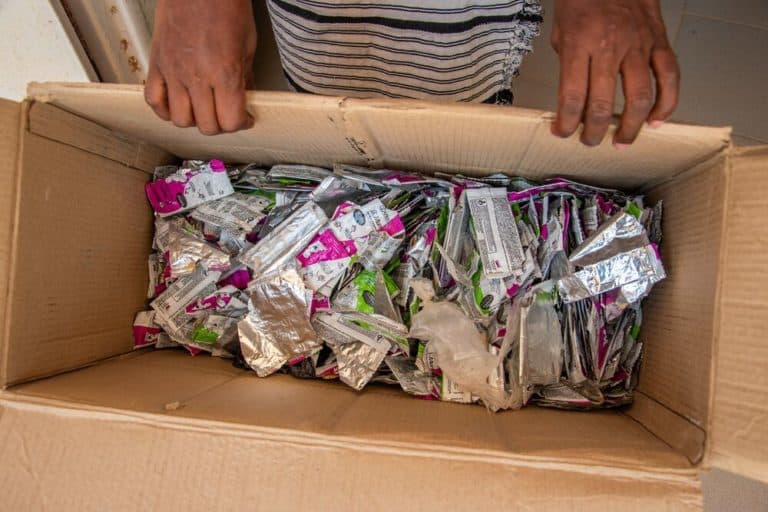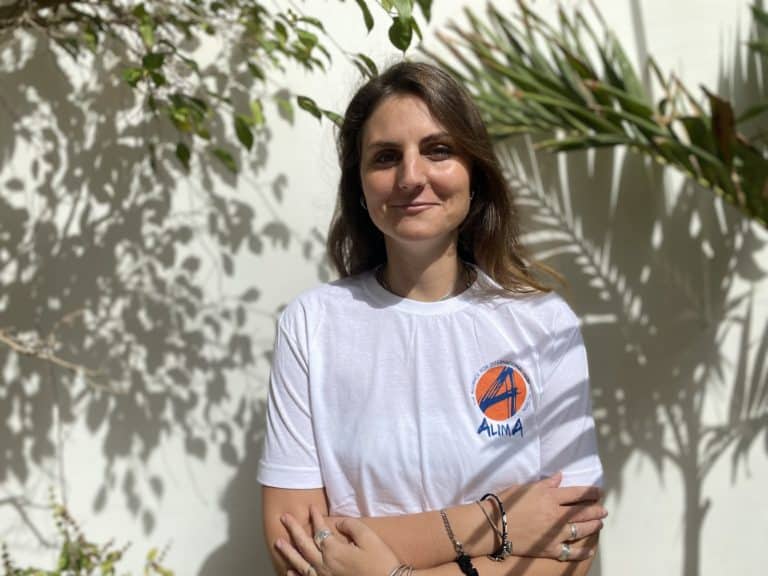In recent years, communities in Burkina Faso, as in other Sahelian countries, have faced recurrent shocks that have significantly increased their vulnerability and humanitarian needs. Floods, droughts, storms, epidemics (measles, meningitis, dengue fever, etc.), attacks by armed groups, and population movements have strained the health system.
In the center-north district of Tougouri, only 8 out of 29 health facilities (i.e. 27.58%) can still receive patients, drastically limiting access to health care. Dr. T. Dénis Kafando, Deputy Medical Coordinator for ALIMA in Burkina Faso, explains: “To reduce the impact of hazards on the community, ALIMA and its local partners, in consortium with the World Health Organization (WHO), Terre des Hommes, and Action Against Hunger (ACF), are supporting national and local health structures to better prepare for local disaster response and improve the performance of warning systems at the local and community level.”
In 2021, the ALIMA / KEOOGO / SOS Médecins Burkina Faso consortium began implementing the SURGE strategy. It aims to strengthen the health system by anticipating recurrent disasters, allowing for better capacity planning throughout the year.
Training local health workers to improve access to care
Some shocks can be anticipated. For example, every year during the lean season, when granaries are empty before the next harvest, families with acutely malnourished children head to the health centers. In August 2023, 106 children with severe acute malnutrition were admitted to the Tougouri health center—compared to 11 in February of the same year—a challenging influx for unprepared facilities.
The ALIMA / KEOOGO / SOS Médecins BF consortium has trained local and community health workers to draw up a calendar of shocks (recurrent and more occasional risks). Among other things, they highlight the seasonality of diseases, in particular five common pediatric diseases: diarrhea, malaria, respiratory infections, measles, and acute malnutrition.
“By creating a calendar of events, community frontline workers were able to anticipate events that could lead to a peak in consultations and prepare accordingly” said Dr. Hamidou Salbre, supervising doctor for the SURGE project.
The next step is to set alert thresholds based on available financial and human resources. This iswill be key to evaluating the capacity to receive patients. Four phases are defined. In the normal phase, the health center is able to absorb patient flows within its financial and human resources.
In the alert, serious, and emergency phases, strategies are developed to manage patient flow with more extensive support (at regional and national levels). Contingency plans are also developed for health and environmental emergencies.
SURGE is a key strategy in Burkina Faso, where the deteriorating security situation and worsening effects of climate change threaten the population. Providing care for the entire population is becoming more complex by the day, making it essential to ensure humanitarian action at the local and community levels.
Direct involvement of local actors is a core strategy of ALIMA, an international NGO working in partnership with KEOOGO and SOS Médecins BF, two Burkinabe NGOs, since 2012. ALIMA provides adapted, impactful humanitarian aid in complex contexts.
This project has received financial support from the European Civil Protection and Humanitarian Aid Operations (ECHO).
Cover picture : © Olympia de Maismont / ALIMA



